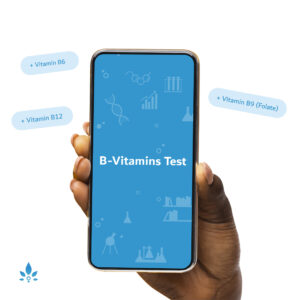The flu Shot: is it Effective?


In addition to the standard set of vaccines required for school entry, parents should consider vaccinating their children against influenza, or the flu. The influenza virus circulates through the United States every year, with serious consequences. Depending on where you live, the flu rears its ugly head somewhere between late fall and late spring.
Symptoms of influenza include fever, body aches, headaches, and nasal distress that can last for days. The flu typically has a very sudden onset, meaning that your child feels well at one moment and then rapidly falls ill over the course of a few hours, often spiking a fever. For young children and elderly adults, the flu can be particularly dangerous, and each year thousands are hospitalized due to the severity of their symptoms.
Consider Nabta’s Family doctor and try essentials for toddlers in case of any skin dryness and aches.
Vaccination with a flu shot is recommended for all children aged six months and older. If this is your child’s first season getting a flu shot, the child will receive two doses separated by at least four weeks. If the child received two doses in the past, they will likely need only one dose this year. Your child’s doctor will have recorded if and when doses were given. In addition, all adults who care for and come into contact with children should receive the vaccine. Some pediatricians will offer the vaccine to the parents and caregivers of their patients, so it is a good idea to ask when you call for your child’s appointment.
There are several formulations of the traditional flu shot. It’s best to check with your child’s doctor to know which one is being given. In the past, the flu shot was given cautiously or not at all to people with an egg allergy. Currently, however, there are two new vaccines that have been manufactured without egg products for people who cannot tolerate the older vaccine.
In past seasons, there has been a nasal flu spray formulation. However, the CDC’s Advisory Committee on Immunization Practices (ACIP) has recommended against use of the nasal mist due to poor effectiveness in the past three flu seasons.
Like all vaccines, your child’s physician will provide you with the vaccine information sheet (VIS) that describes the shot and outlines typical side effects. It is important to read this document prior to receiving the vaccination.
Sources:
- COMMITTEE ON INFECTIOUS DISEASES, Recommendations for Prevention and Control of Influenza in Children, 2013−2014
- Pediatrics, originally published online September 2, 2013.
Powered by Bundoo®












































